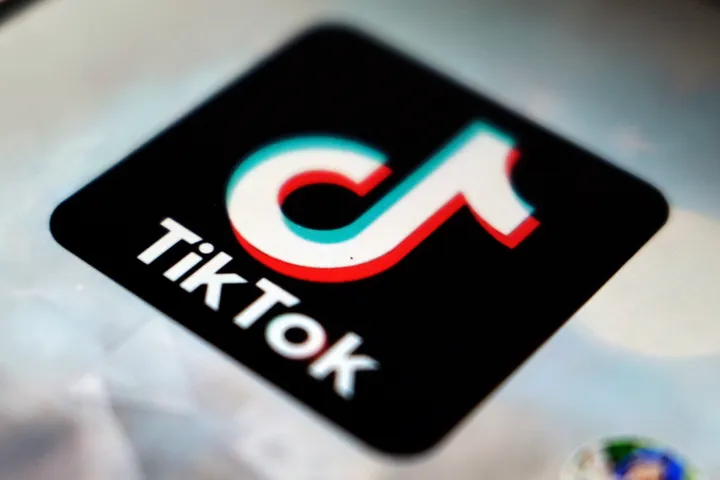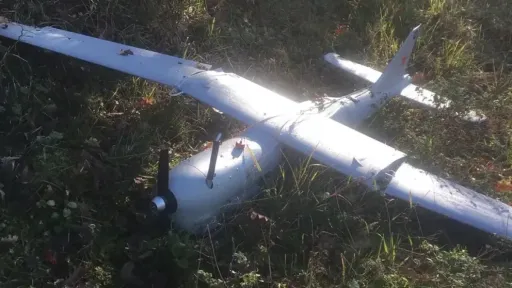Chinese tech giant Baidu has rolled out its paid driverless taxi service, making it the first company that commercialised autonomous driving operations in China.
Unlike previous Baidu autonomous driving demonstrations in Beijing, this is the first time that no one is behind the wheel, but a safety member is sitting in the front passenger seat in case of emergency.
Running in an area of about 3 square kilometres, about 10 Apollo taxis pick up and drop off passengers at eight stops in western Beijing's Shougang Park.
Each ride costs $4.6 (30 yuan).
The park is an old site of iron and steel plants and has been transformed into a sightseeing spot and venue for the 2022 Beijing Winter Olympics Games.
Although there is no heavy traffic flow, an influx of tourists were seen in the park on the second day of Labor Day holiday.
The robotaxis were repeatedly forced to brake when encountering jaywalkers or curious tourists who came very close to the vehicles for photos.
Book your taxi using apps
Passengers can call a robotaxi on Apollo Go apps.
When the taxi arrives, passengers verify their identities and scan a health code before getting in.
The taxi will start to move after detecting that passengers have fastened their seat belts.
Passenger Kelly Wang and her husband said they had a smooth riding experience.
But Amy Li said she still has concerns about autonomous driving.
She added that her mother was not allowed to try it because it is only open to people above 18 and under 60 years old.
Baidu, known for its search engines, has been testing autonomous driving on the open roads since last year.
Its Apollo Go Robotaxi service has carried more than 210,000 passengers in three cities across China and aims to expand to 30 cities in the next three years, the company said in a press release.
























